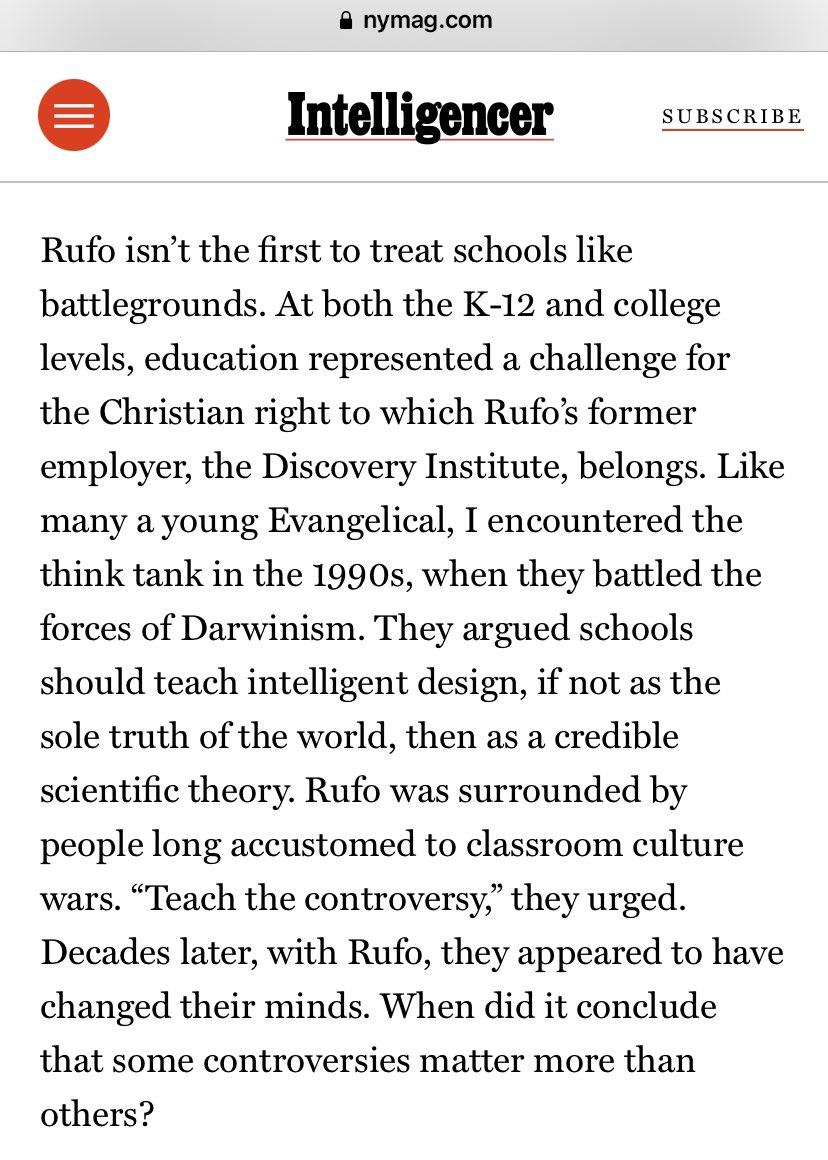
*rubs hands* I was born for this moment. Here are several: (1) They are actually not very good at queueing or general bodily awareness and organization in public spaces. See also: no custom for which side of the pavement to walk on. …
https://twitter.com/isaac_kh/status/1420034037914210310
(2) The food can actually be very good. Even traditional English foods such as pies, Cumberland sausages, etc. are good. Not known for coffee (if I call it a ‘coffee spoon’ people flip) but their coffee options are also very good. Good tomatoes. Better bread than in US. …
(3) The English can actually be a very warm and friendly people. They just hate the idea of that so never cop to it. Plus they need to be nudged off a default suspicion of other people before you see this. But it’s there. …
(4) It’s not so much dry humor as goofy humor. I don’t understand where the dry humor stereotype comes from. Maybe it’s just a US stereotype of the English? And before you go there, no, it’s not that I’m missing the jokes. …
(5) [last one] A bap slathered in unmelted butter with nothing but a rasher of bacon in between is not a real breakfast sandwich, don’t @ me Gregg’s. /end
N.B. I intentionally kept these relatively unrelated to straight partisan politics because generalizing about a whole nation in those ways is sure path to a trash fire in my mentions, and as a US person who lives part time in UK I hate terrible English stereotypes of ‘Americans.’
• • •
Missing some Tweet in this thread? You can try to
force a refresh






